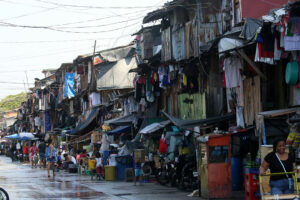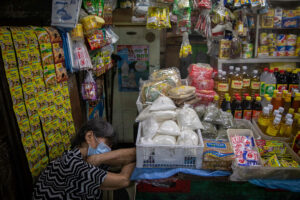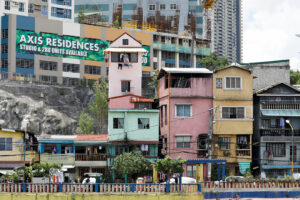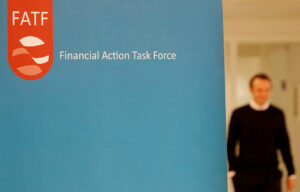THE PHILIPPINES jumped six spots to 92nd out of 167 countries in achieving 17 sustainable development goals (SDGs), but still grapples with significant challenges in addressing poverty, hunger and low-quality education, a United Nations (UN) body said in its latest report.
In the UN Sustainable Development Solutions Network’s (SDSN) 2024 Sustainable Development Report, the Philippines received an SDG index score of 67.47 from 67.14 last year.
The difference between 100 and a country’s score represents how much it must overcome to reach optimum SDG performance.
The SDGs are targets set for participating countries to end rampant poverty, lessen inequality and address environmental degradation by 2030.
Out of the 17 SDGs, the Philippines saw eight “moderately improved” targets, eight “stagnated” and one “decreased,” the UN body said.
“Midway between the founding of the UN in 1945 and the year 2100, we cannot rely on business as usual,” Jeffrey D. Sachs, SDSN President and lead author of the report, said in a statement. “The world faces great global challenges, including dire ecological crises, widening inequalities, disruptive and potentially hazardous technologies and deadly conflicts; we are at a crossroads.”
Among ASEAN (Association of Southeast Asian Nations) members, the Philippines ranked sixth in attaining the SDGs, behind Thailand (74.7), Vietnam (73.3), Singapore (71.4), Indonesia (69.4) and Malaysia (69.3).
The Philippines was ahead of Brunei (67), Cambodia (64.9), Laos (63) and Myanmar (62.8). No score was given to Timor-Leste.
Based on the report, the Philippines is “moderately improving” towards achieving SDGs related to no poverty (SDG 1); zero hunger (SDG 2); decent work and economic growth (SDG 8); industry, innovation and infrastructure (SDG 9); reduced inequalities (SDG 10); life below water (SDG 14); life on land (SDG 15); and partnerships for goals (SDG 17).
However, the report showed the Philippines is “stagnating” in meeting targets on good health and well-being (SDG 3); quality education (SDG 4); gender equality (SDG 5); clean water and sanitation (SDG 6); affordable and clean energy (SDG 7); sustainable cities and communities (SDG 11); and achieving peace, justice and strong institutions (SDG 16).
Philippine efforts in climate action were also seen “decreasing,” given stagnant progress in eliminating emissions from fossil fuel combustion and cement production and decreasing efforts to lessen greenhouse gas emissions from imports, SDSN said.
So far, the country has only achieved SDG 12 or responsible consumption and production, but SDSN noted there is not much improvement.
The Philippines also faces “major challenges” in attaining good health and well-being, decent work and economic growth, reduced inequalities, and sustainable cities and communities, SDSN said.
“Significant challenges” are also seen in achieving zero poverty and hunger, quality education, gender equality, clean water and sanitation, affordable and clean energy, industry, innovation and infrastructure, and partnerships for goals.
The Philippines’ poverty incidence rate fell to 22.4% in the first half of 2023 from 23.7% two years earlier.
The Marcos administration aims to slash the poverty rate to 9% by the end of his term in mid-2028.
Filomeno S. Sta. Ana III, convenor at the Action for Economic Reforms, said the Philippines’ ability to meet the SDGs was hampered by the pandemic.
“One reason was that the pandemic set back the SDG goals. But that’s just part of the story. Post-pandemic, the government has underperformed, and targets are not being met,” he said in a Viber message.
The Philippines scored 95.6 in the International Spillover Index, the SDSN said. A higher score means a country causes less negative spillover effects to its peers.
Globally, around 16% of SDGs are “on track” to be achieved, while 84% exhibit slow or even a reversal of its progress, the UN body reported.
Most targets that are “off-track” relate to food systems, biodiversity, sustainable land use, and peace and strong institutions, SDSN said.
The report also noted that 600 million people are likely to experience hunger by 2030 amid rising cases of obesity and greenhouse gas emissions.
SDSN said there is a need for countries to avoid overconsumption and limit animal-based protein intake, increase productivity in areas with strong demand growth, and ensure inclusive, robust and transparent systems against deforestation. — Beatriz Marie D. Cruz





